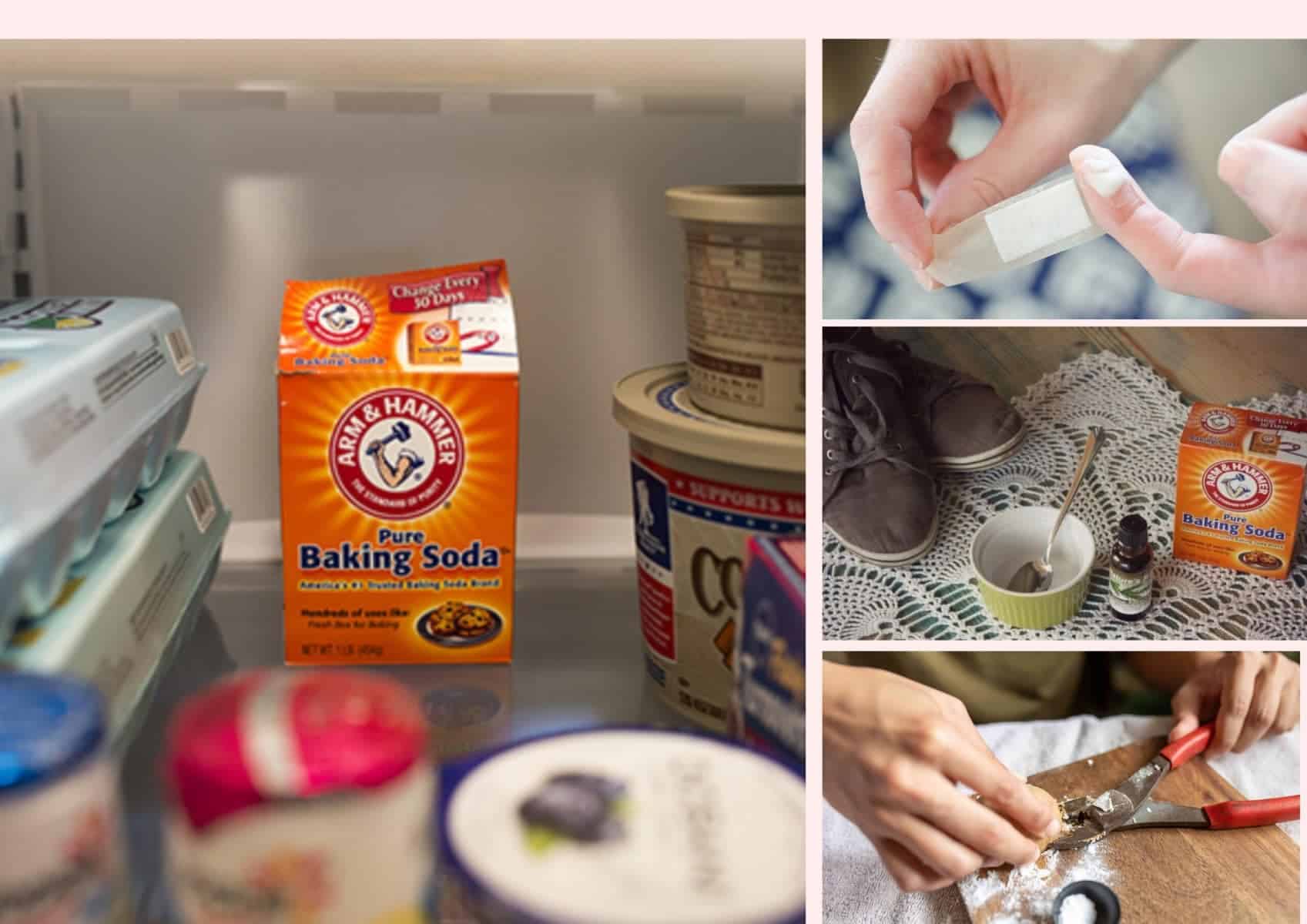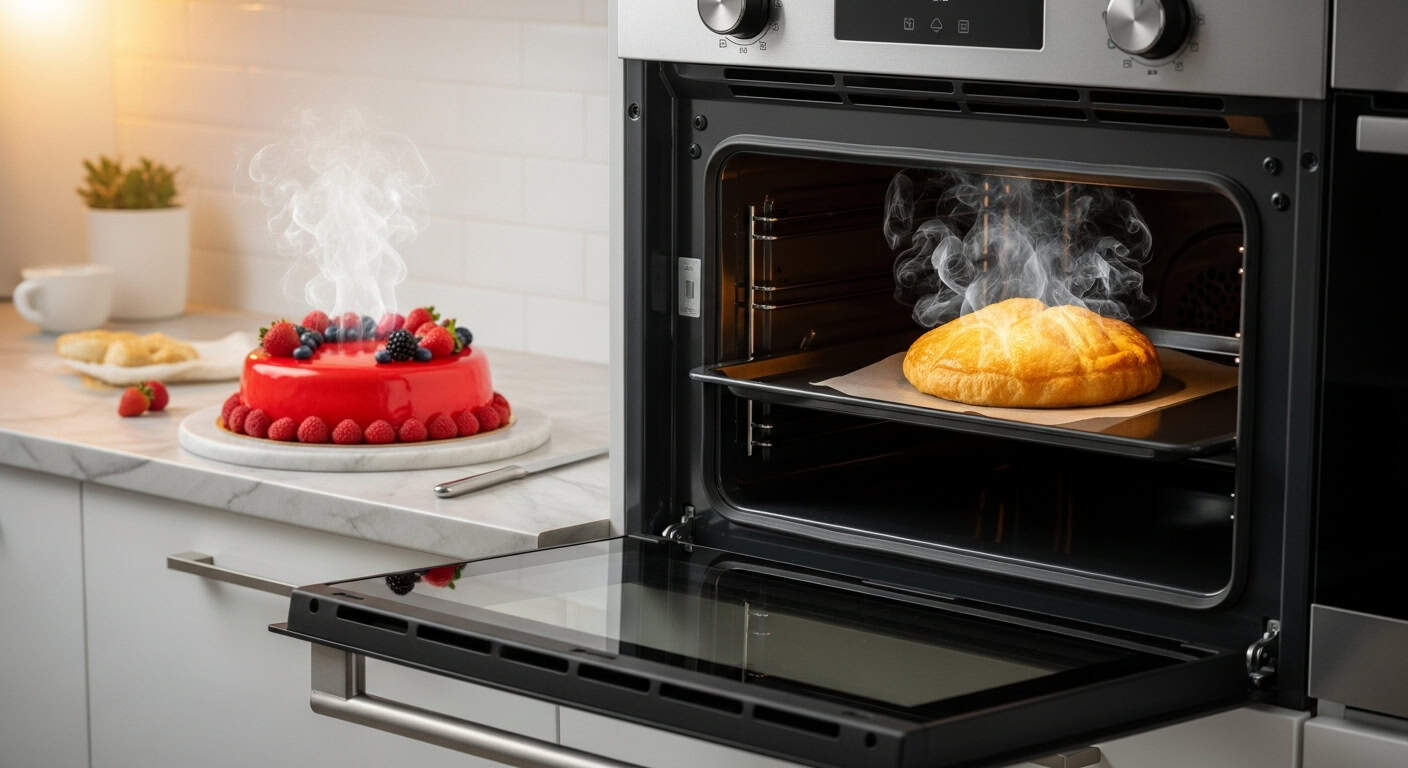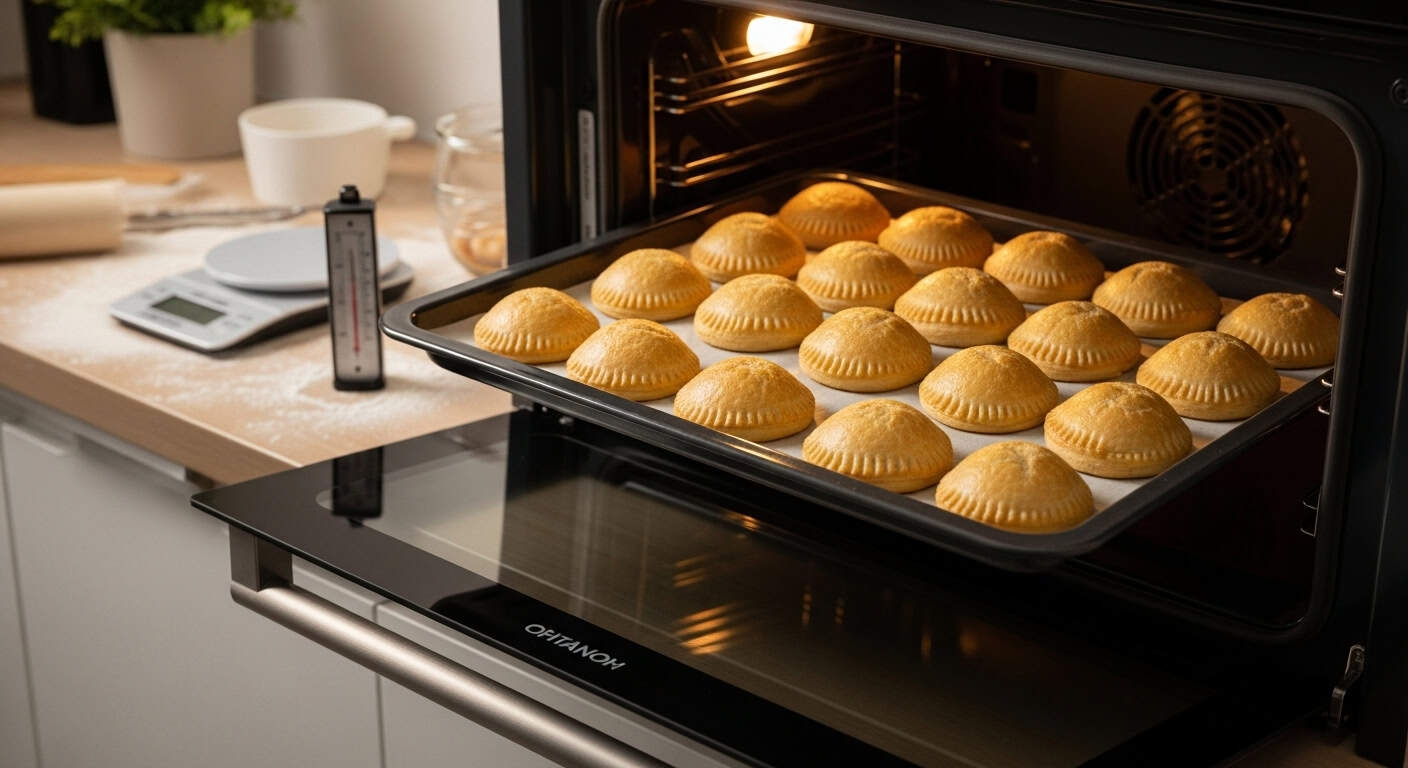What Everyone With Food Allergies Should Know Before Eating Out
Dining out can be a source of anxiety for those with food allergies, as even small traces of allergens can lead to severe or life-threatening reactions. Millions face these risks daily, underscoring the importance of vigilance and preparation. Fortunately, by employing practical strategies and effective communication, individuals can enjoy safer, more relaxed meals outside the home. Awareness and proactive planning not only protect your health but also empower you to make confident dining choices.
1. Know Your Allergens and Cross-Contact Risks

It’s vital to clearly understand which foods trigger your allergies and to recognize the common sources of cross-contact in restaurants. Cross-contact can occur when allergens are transferred via shared fryers, grills, or utensils, even if your chosen dish doesn’t contain the allergen directly.
2. Research Restaurants in Advance

Before dining out, take time to research restaurants by reviewing their allergy policies, menus, and customer feedback online. Many establishments now provide allergen menus or statements about food safety on their websites. Reading reviews from others with food allergies can also offer valuable insights.
3. Communicate Clearly With Staff

When dining out, it’s crucial to explicitly inform your server and, if possible, a manager about your food allergies using clear, unambiguous language. Consider providing an allergy card that lists your allergens to avoid misunderstandings. Open communication ensures the kitchen staff is aware and can take necessary precautions.
4. Ask About Ingredients and Kitchen Procedures

Don’t hesitate to ask detailed questions about every ingredient and how dishes are prepared, including whether kitchen equipment or surfaces are shared with allergens. Chain restaurants may have standardized procedures, while independent establishments can vary widely in their practices. Clarifying these details helps reduce risk and ensures your meal is safe.
5. Don’t Be Afraid to Speak Up or Leave

Your safety should always come first. If staff seem uninformed, dismissive, or unsure about handling your food allergies, don’t hesitate to advocate for yourself or even leave the restaurant. It’s better to walk away than risk a reaction. It is recommended to trust your instincts—if you’re not confident in the staff’s understanding, it’s okay to find another dining option.
6. Carry Emergency Medication at All Times

Never dine out without your prescribed epinephrine auto-injectors and any other essential medications, keeping them easily accessible in case of accidental exposure. Quick access can be life-saving during a severe allergic reaction. Preparedness and knowing how to use your medication properly is important while eating away from home. Always double-check that your emergency kit is with you before heading out.
7. Be Wary of Buffets and Shared Food Setups

Buffets, salad bars, and family-style dining pose a high risk for cross-contact due to shared serving utensils and close proximity of dishes. For example, tongs used for both nut-containing and nut-free foods can easily transfer allergens. It is advised to have extra caution or even avoiding these setups entirely, as it’s challenging to guarantee the safety of each item when multiple people serve themselves.
8. Use Allergy Apps and Resources

Take advantage of allergy apps and online resources to research allergen menus, ingredient lists, and restaurants with good allergy practices. These tools can help you locate allergy-friendly eateries and make informed choices on the go. Using these resources can add an extra layer of safety and convenience to your dining experience.
9. Double-Check When Traveling or Abroad

Dining out while traveling introduces extra challenges, such as language barriers and unfamiliar ingredients in local cuisines. Carrying food allergy translation cards can help communicate your needs clearly to restaurant staff. Researching typical ingredients and local dining customs is also wise.
10. Educate Dining Companions

Letting friends and family know about your food allergies and emergency action plan ensures they can support you if a reaction occurs. Clear communication helps companions understand the seriousness of your needs and how to assist in an emergency. It is encouraged educating both children and adults about allergy safety, so everyone at the table is prepared and vigilant.
11. Stay Informed About Allergy Policies and Laws

Understanding local and national food allergy regulations can help you make safer dining choices. Laws may require allergen labeling on menus or mandate staff training on food allergy management, but these rules vary by region. Staying updated empowers you to advocate for your needs and recognize allergy-friendly establishments.
Conclusion

Dining out with food allergies requires careful preparation, clear communication, and ongoing vigilance. By knowing your specific allergens, researching restaurants, asking the right questions, and carrying emergency medication, you can significantly reduce risks and enjoy meals more confidently. Utilizing technology, educating your companions, and staying informed about allergy policies all add valuable layers of protection. Proactive safety measures are essential for well-being and peace of mind.
.article-content-img img { width: 100% }




